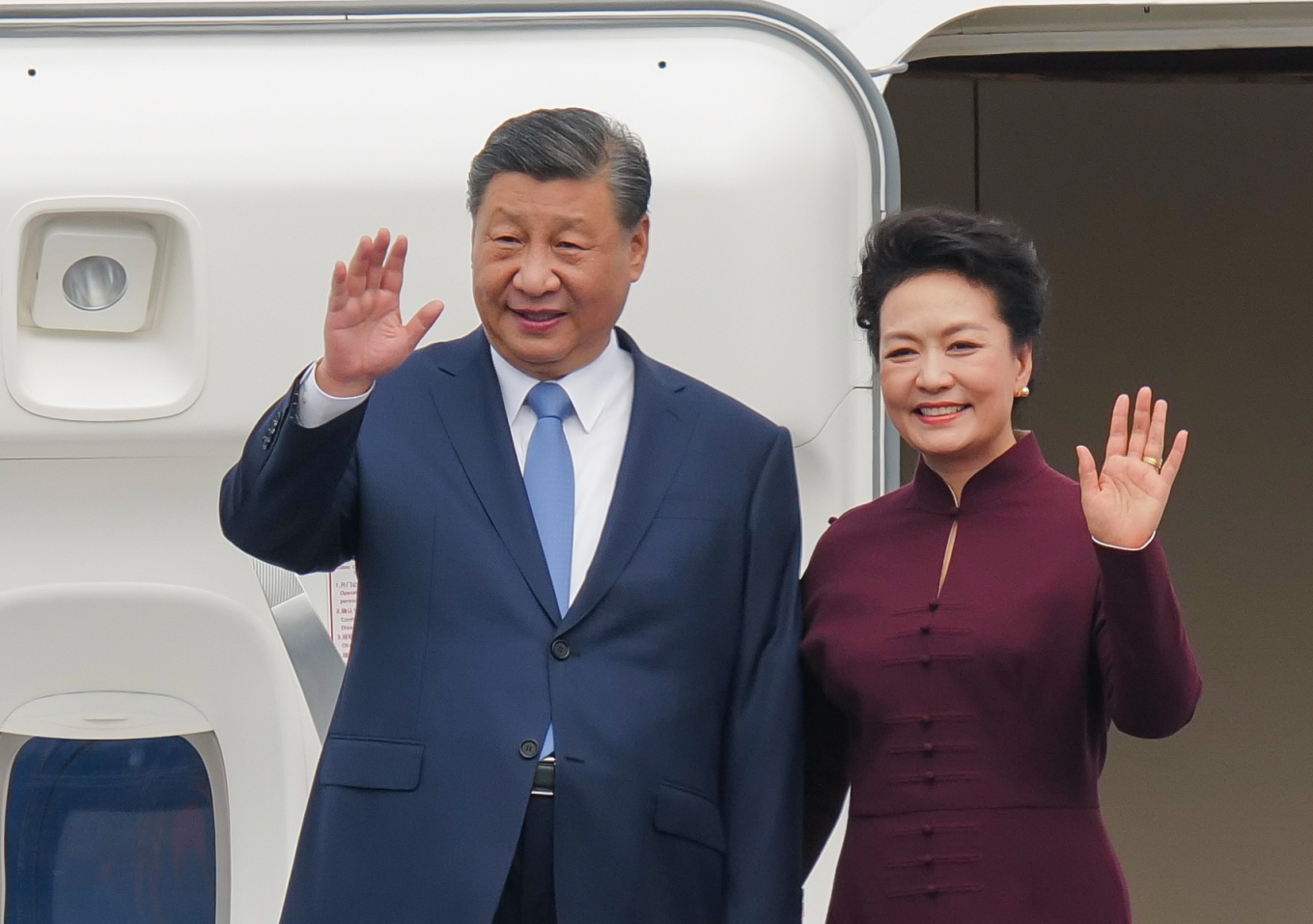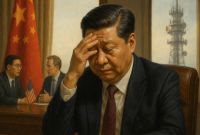China’s Financial Leaders Resign En Masse Amid Government Crackdown

In a sweeping and unprecedented shake-up, China is witnessing the mass resignation of top executives from its financial sector as the government intensifies its crackdown on the industry. Over the past month, more than a thousand senior leaders from A-share listed companies, banks, and financial institutions have stepped down, citing personal reasons, as reported by Chinese state media. The wave of departures began with the sudden resignation of Liu Jin, vice chairman and president of the Bank of China, at the end of August. Executives across banks, insurance companies, securities firms, and state-owned enterprises are stepping down from their posts, reflecting a climate of unease within China’s financial landscape.
The recent exodus comes as Beijing’s anti-corruption campaign tightens its grip on the financial sector. By mid-September, China’s Central Commission for Discipline Inspection had reported that at least 67 senior finance officials had been investigated, disciplined, or expelled from the Chinese Communist Party (CCP) in 2024 alone. Analysts see the wave of resignations as indicative of a growing distrust in China’s economic stability and a wariness of increasing political risks.
U.S.-based experts suggest that these high-ranking officials are deeply embedded within the CCP, making their resignations particularly significant. Reports indicate that the CCP has shown reluctance to approve many of these departures, underscoring concerns about maintaining stability within the financial sector. Insiders reveal that some executives have been required to hand over their passports, limiting their ability to travel abroad, while others have seen their resignation requests frozen.
This enforced retention highlights the risks that financial leaders face amid ongoing investigations. Investment bankers, in particular, hold sensitive knowledge about China’s financial system, including details on bad debts and manipulated financial statements. Observers believe the CCP is keen to prevent these professionals from leaving the country and potentially disclosing critical information. Consequently, some firms have imposed travel restrictions, effectively keeping executives under tight control.




![From Kathmandu to the World: How Excel Students Are Winning Big [Admission Open]](https://nepalaaja.com/img/70194/medium/excel-college-info-eng-nep-2342.jpg)
